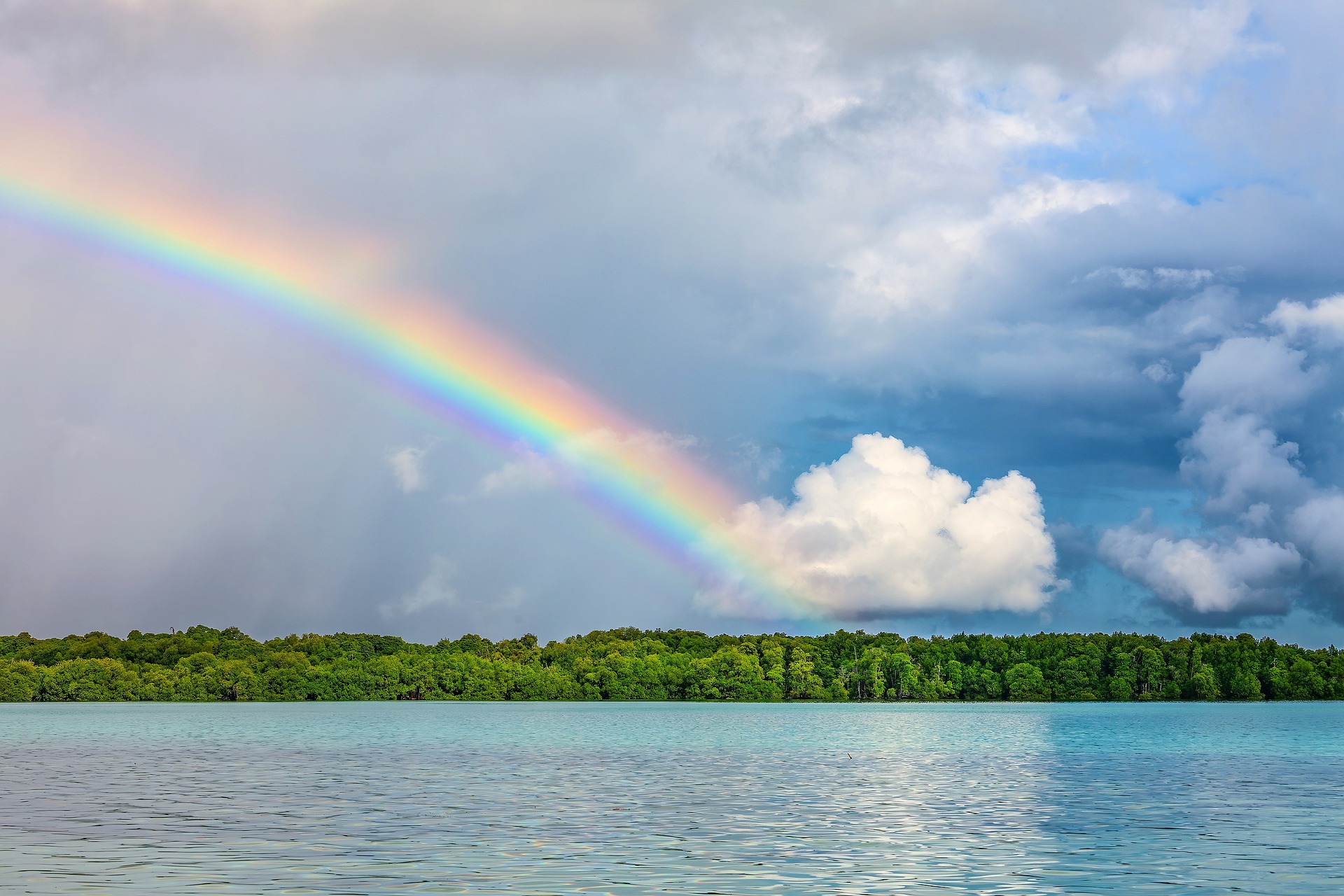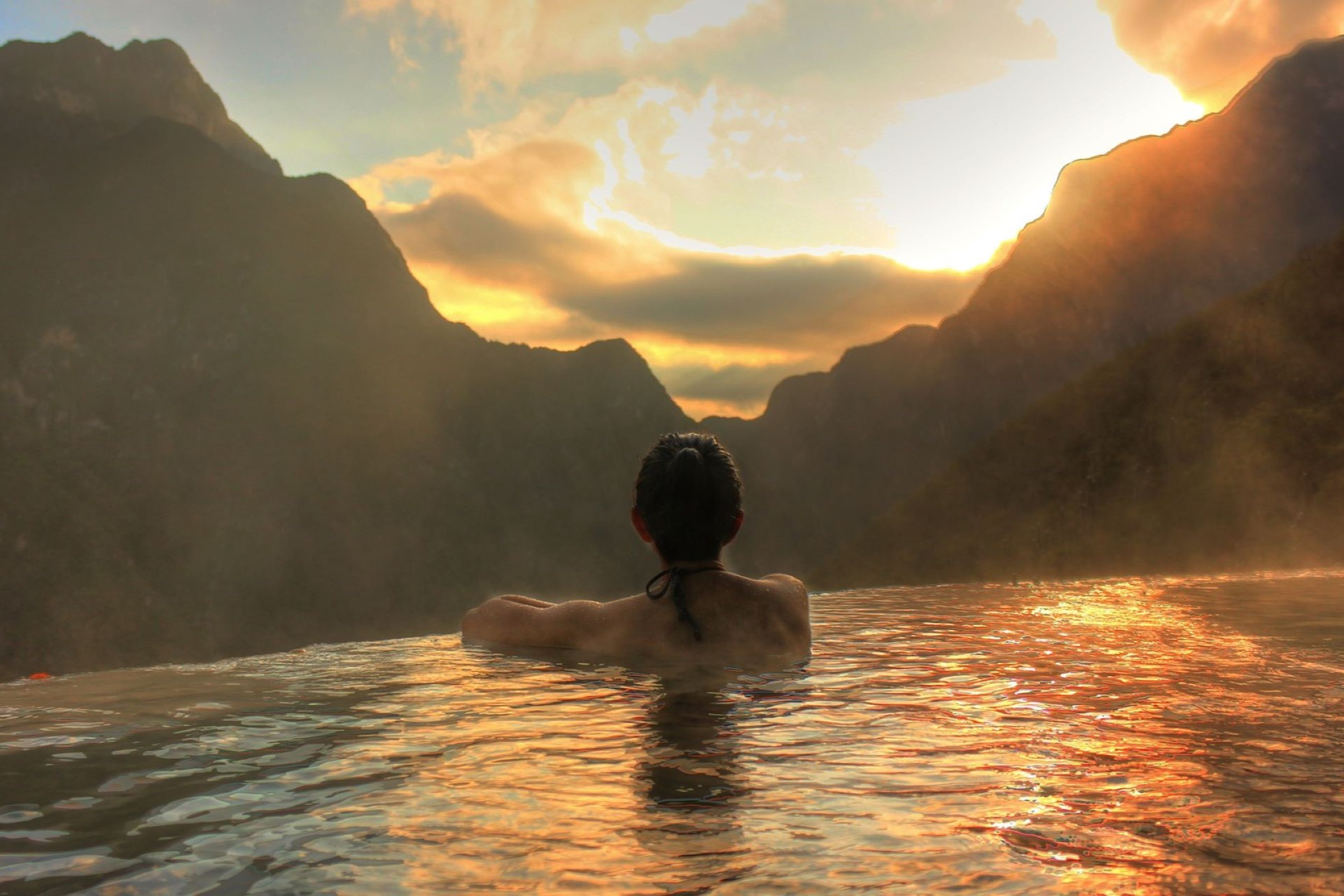Indonesia, a captivating archipelago nation, beckons travelers with its rich cultural heritage, stunning natural beauty, and friendly people. From volcanic landscapes and vibrant coral reefs to ancient temples and bustling cities, Indonesia offers something for everyone. But before you embark on your Indonesian adventure, you might have some questions. This FAQ aims to provide answers to some of the most common queries about traveling in Indonesia, ensuring a smooth and unforgettable experience.
Indonesia
Indonesia, a sprawling archipelago comprising over 17,000 islands, is a captivating destination brimming with natural beauty and cultural diversity. From the white sandy beaches of Bali to the mist-shrouded peaks of Sumatra, Indonesia offers a kaleidoscope of landscapes waiting to be explored. Its rich tapestry of cultures, influenced by centuries of trade and migration, adds depth and vibrancy to the traveler’s experience.
With a population of over 270 million people, Indonesia is the fourth most populous country in the world, making it a melting pot of languages, religions, and traditions. Whether you’re seeking adventure in the dense jungles of Borneo or immersing yourself in the ancient temples of Java, Indonesia promises an unforgettable journey filled with warmth, hospitality, and endless discoveries.
Popular Destinations
Indonesia boasts a plethora of popular destinations that cater to every traveler’s taste. Here are some of the must-visit places:
Bali
- Beaches: Bali’s coastline is adorned with stunning beaches like Kuta, Seminyak, and Nusa Dua, perfect for sunbathing, swimming, and water sports.
- Temples: Explore ancient Hindu temples such as Tanah Lot, Uluwatu, and Besakih, which offer breathtaking sunset views and insights into Balinese spirituality.
- Ubud: Immerse yourself in the cultural heart of Bali with a visit to Ubud, known for its lush rice terraces, vibrant arts scene, and holistic wellness retreats.
Jakarta
- Historical Landmarks: Discover Jakarta’s rich history through visits to sites like the National Monument (Monas), the Old Town (Kota Tua), and the Presidential Palace.
- Shopping: Indulge in retail therapy at modern malls like Grand Indonesia and Plaza Indonesia, or explore traditional markets like Pasar Baru and Tanah Abang.
- Cuisine: Sample Jakarta’s diverse culinary offerings, from street food stalls serving local favorites like nasi goreng (fried rice) to upscale restaurants offering international cuisine.
Yogyakarta
- Borobudur Temple: Marvel at the majestic Borobudur Temple, a UNESCO World Heritage site and the largest Buddhist temple in the world.
- Prambanan Temple: Explore the intricately carved towers of Prambanan Temple, dedicated to the Hindu gods Brahma, Vishnu, and Shiva.
- Kraton Palace: Step back in time at the Kraton Palace, the residence of the Sultan of Yogyakarta, and discover Javanese royal traditions and culture.
These destinations offer a glimpse into Indonesia’s diverse landscapes, rich history, and vibrant culture, making them essential stops on any traveler’s itinerary.
Travel Tips
Here are some essential travel tips to ensure a smooth and enjoyable journey in Indonesia:
- Visa Requirements: Check the visa requirements for your nationality before traveling to Indonesia to ensure compliance with entry regulations.
- Currency and Exchange Rates: Familiarize yourself with the local currency, Indonesian Rupiah (IDR), and exchange rates to avoid confusion and ensure fair transactions.
- Transportation Options: Research transportation options, including domestic flights, intercity buses, and local transportation like taxis and ride-sharing services, to plan your travel within Indonesia efficiently.
- Safety Precautions: Take necessary safety precautions, such as securing travel insurance, staying updated on weather conditions, and being vigilant against potential scams or hazards.
Indonesia is a diverse and dynamic country, and thorough preparation and awareness of these travel tips will contribute to a memorable and worry-free experience exploring its wonders.
Culture and Etiquette
| Aspect | Custom | Example |
| Dress Code | Modest attire is appreciated, especially in religious sites and rural areas. | Women may wear a sarong when visiting temples. |
| Language | Bahasa Indonesia is the official language, but English is widely spoken in tourist areas. | Learning basic phrases in Bahasa Indonesia can enhance communication with locals. |
| Customs | Showing respect for local customs, such as greeting with a handshake or slight bow, is important. | Removing shoes before entering someone’s home or a place of worship is a common practice. |
Understanding the cultural norms and etiquette of Indonesia is essential for respectful and meaningful interactions during your travels:
- Dress Code: Pack modest clothing, such as lightweight long sleeves and pants, especially when visiting religious sites or rural areas where conservative dress is preferred.
- Language: While English is commonly spoken in tourist areas, learning a few basic phrases in Bahasa Indonesia, such as greetings and polite expressions, can go a long way in fostering positive connections with locals.
- Customs: Embrace local customs and traditions, such as removing your shoes before entering someone’s home or a place of worship, and greet people with a smile and a respectful gesture. These small gestures of respect can enhance your cultural experience and create lasting memories.
Immersing yourself in Indonesia’s rich cultural heritage is not only rewarding but also a way to show appreciation for the country’s traditions and values.
Safety Concerns
Indonesia is prone to natural disasters due to its geographical location along the Pacific Ring of Fire. Earthquakes, volcanic eruptions, tsunamis, and floods are common occurrences, especially in regions like Bali, Java, and Sumatra. It’s essential to stay informed about local alerts and evacuation procedures in case of emergencies.
Health Precautions
Travelers to Indonesia should take necessary health precautions to prevent common illnesses and diseases. Vaccinations for diseases like hepatitis A and typhoid are recommended before traveling. Additionally, it’s essential to drink only bottled or purified water, avoid consuming raw or undercooked food, and use insect repellent to prevent mosquito-borne diseases like dengue fever and malaria.
Navigating Indonesia’s safety concerns requires awareness, preparedness, and adherence to local advisories to ensure a safe and enjoyable travel experience.
Food and Cuisine
Indonesia’s culinary landscape is as diverse as its culture, offering a tantalizing array of flavors and dishes to explore:
- Traditional Dishes: Indulge in iconic Indonesian dishes such as nasi goreng (fried rice), rendang (slow-cooked beef in coconut milk), satay (grilled skewered meat), and gado-gado (vegetable salad with peanut sauce).
- Street Food: Embark on a culinary adventure by sampling street food delights like mie ayam (chicken noodle soup), sate padang (beef skewers with spicy sauce), and martabak (sweet or savory stuffed pancake).
- Regional Specialties: Discover the unique flavors of Indonesian cuisine across different regions, from the spicy cuisine of Padang in West Sumatra to the aromatic spices of Betawi cuisine in Jakarta.
- Dietary Considerations: With its rich variety of fresh fruits, vegetables, and seafood, Indonesia offers plenty of options for vegetarians, vegans, and those with dietary restrictions. Be sure to inquire about ingredients and cooking methods to accommodate your preferences.
Exploring Indonesia’s culinary scene is not only a feast for the senses but also a journey into the heart of its culture and traditions.




